In today’s world, Artificial Intelligence (AI) is transforming what we once believed only humans could achieve. From deciphering massive datasets in seconds to predicting human behavior with uncanny accuracy, AI is outperforming human capabilities in several complex domains. This isn’t just about speed or convenience—it’s about efficiency, consistency, and insight at a level impossible for the human brain.
This comprehensive article highlights 8 remarkable jobs AI excels at—where humans struggle or simply can’t compete. These aren’t just speculative examples; these are real-world, high-impact applications of AI that are reshaping the modern economy and workforce. If you’re ready to understand how AI is changing the landscape and which roles are being revolutionized, read on.
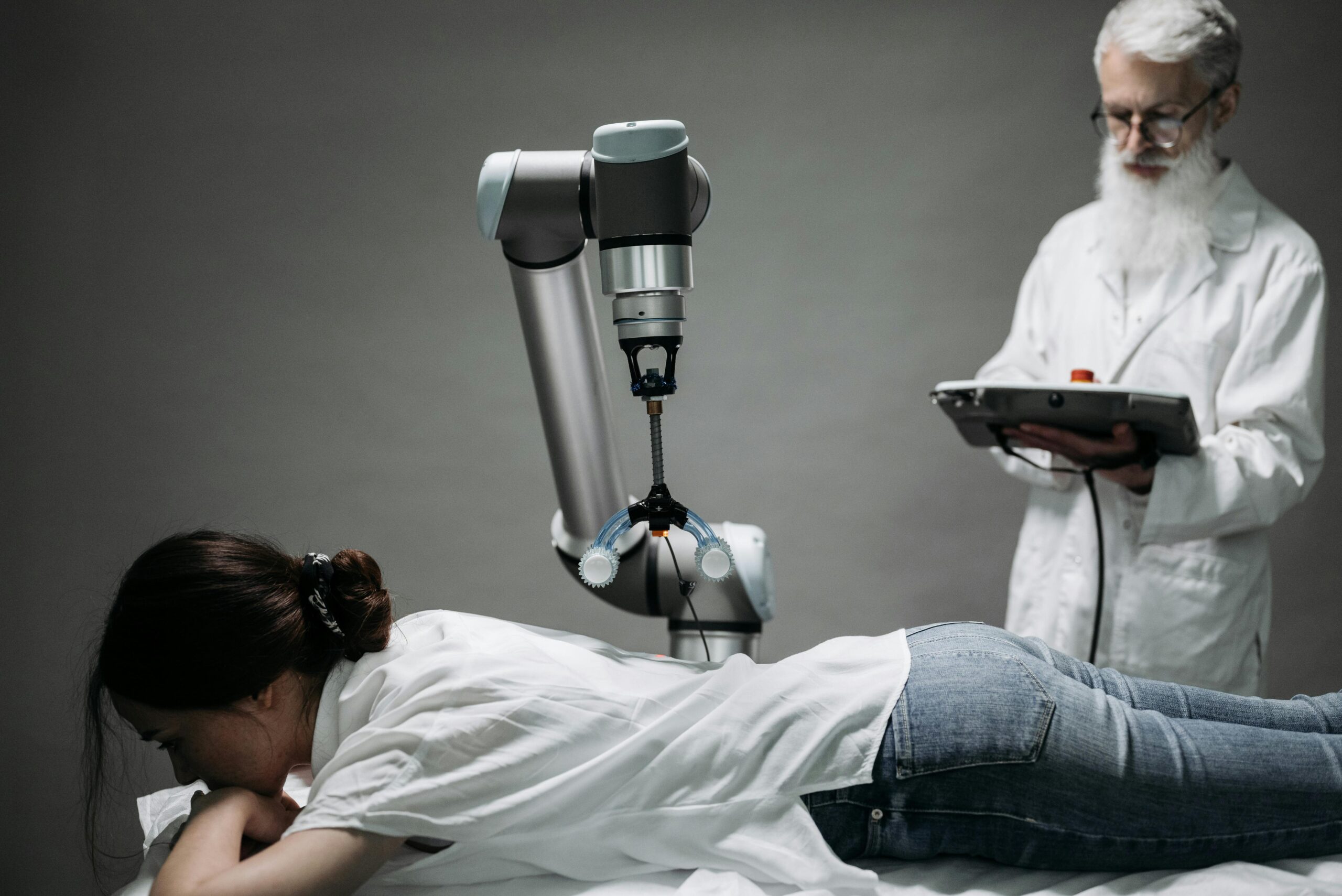
One of the most astonishing feats of AI is its ability to diagnose diseases faster and more accurately than even the most experienced physicians.
Why AI Wins:
-
AI models trained on millions of medical images can detect early signs of cancer, brain tumors, or retinal diseases with superhuman accuracy.
-
Machine learning algorithms can analyze symptoms, patient histories, and lab results to predict health risks with near-perfect precision.
Real-World Example:
Google Health’s AI system demonstrated better breast cancer detection than radiologists in multiple trials, reducing false positives and missed diagnoses.
Financial institutions have embraced AI to combat fraud. While humans can detect suspicious behavior, AI algorithms work around the clock to monitor millions of transactions in real time.
Why AI Wins:
-
AI can analyze spending patterns, location data, and user behavior to detect anomalies faster than human analysts.
-
It learns from historical fraud data and continuously evolves, preventing new types of fraud before they happen.
Real-World Example:
Mastercard and Visa use AI-powered fraud detection engines that stop billions in potential losses every year.
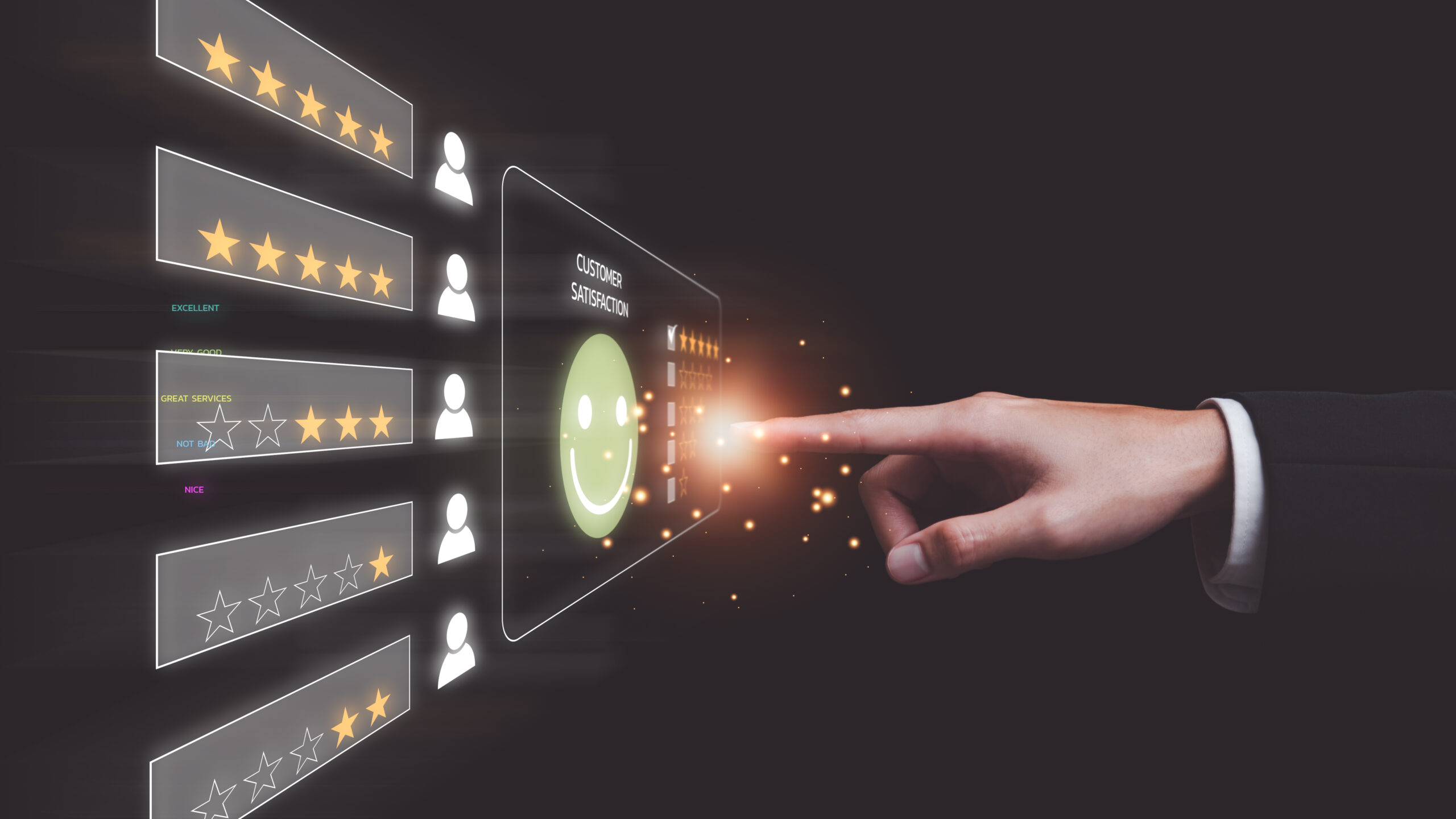
Marketers can guess and estimate, but AI can predict.
Why AI Wins:
-
AI analyzes customer journey data, demographics, browsing behavior, and buying patterns.
-
It creates hyper-personalized marketing campaigns that drive more engagement, conversions, and ROI than traditional methods.
Real-World Example:
Amazon’s recommendation engine, driven by AI, accounts for over 35% of its sales, far surpassing human merchandising strategies.
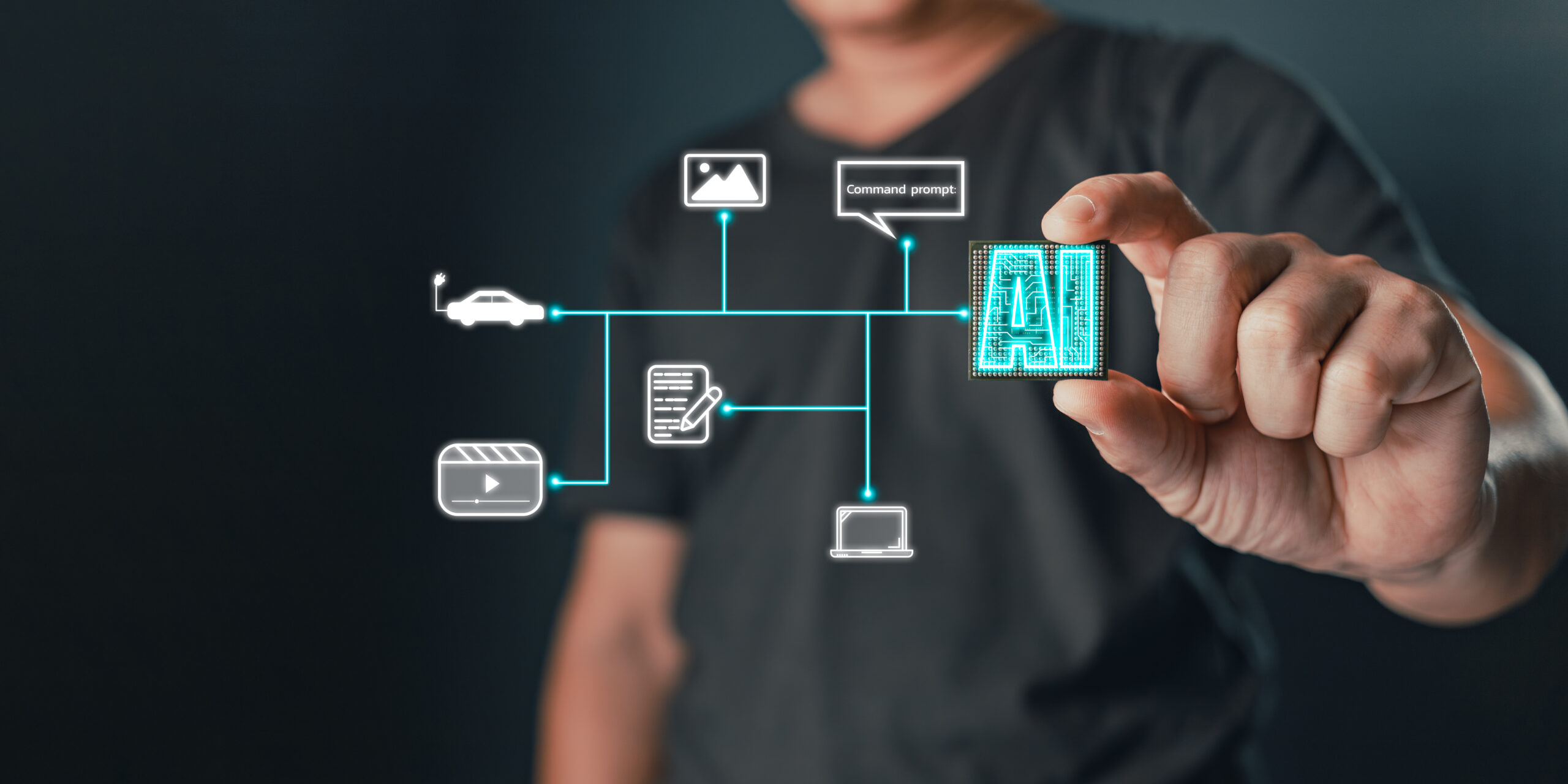
While professional translators spend years mastering languages, AI-driven platforms now translate and transcribe speech or text in real time, breaking down global barriers instantly.
Why AI Wins:
-
AI tools like Google Translate or DeepL support over 100 languages, and their models constantly improve through deep learning.
-
Real-time translation in video calls, websites, and even smart glasses is now possible.
Real-World Example:
Skype’s real-time translator uses AI to facilitate cross-lingual video communication between people in different countries.

The creative realm was once considered exclusively human—but AI has now begun composing symphonies, painting portraits, and writing books with striking quality.
Why AI Wins:
-
Generative models like GPT, DALL·E, and MusicLM use huge datasets to replicate and reinvent human creativity.
-
AI can produce hundreds of pieces of content per hour with consistent tone, emotion, and style.
Real-World Example:
An AI-generated painting titled “Portrait of Edmond de Belamy” was sold at auction for $432,500, shocking the art world.
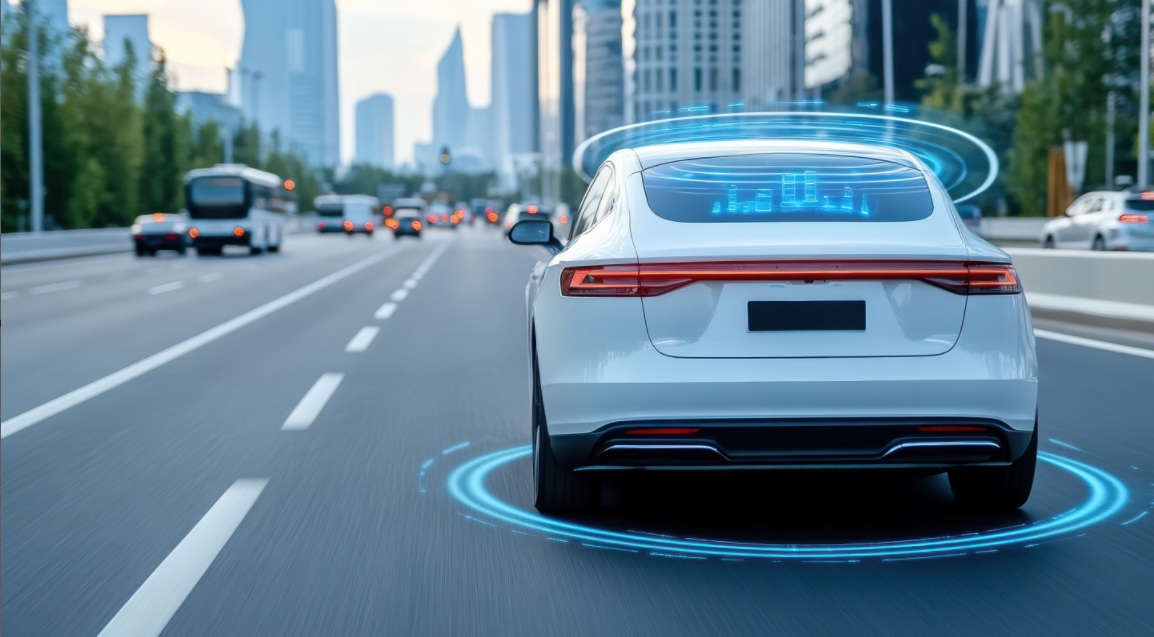
Driving requires split-second decisions, situational awareness, and predictive capabilities—all areas where AI-powered systems are beginning to surpass human performance.
Why AI Wins:
-
AI integrates data from LIDAR, cameras, radar, and GPS to make navigation decisions with lightning speed.
-
Unlike humans, it never gets tired, distracted, or intoxicated.
Real-World Example:
Waymo, Tesla, and Cruise are deploying self-driving vehicles that transport passengers with minimal to zero human intervention, reducing accidents and improving road safety.

Lawyers spend hours sifting through contracts, looking for clauses and implications. AI can perform this task in seconds, with higher consistency and fewer errors.
Why AI Wins:
-
AI reads through thousands of pages at once and flags risky clauses, inconsistencies, or missing information.
-
It enhances compliance and saves companies hundreds of hours per case.
Real-World Example:
AI platforms like Luminance and Kira Systems are widely used in legal firms and corporate legal departments for contract review and M&A due diligence.

In a world where cyber threats evolve by the minute, AI has become the ultimate digital watchdog, monitoring networks for any sign of intrusion or malicious activity.
Why AI Wins:
-
AI detects anomalous behavior across networks, identifying threats before damage occurs.
-
It learns and adapts to new malware strains, phishing methods, and vulnerabilities at speed no human team can match.
Real-World Example:
Darktrace uses AI to detect cyber threats in real-time, preventing data breaches in organizations across the globe.

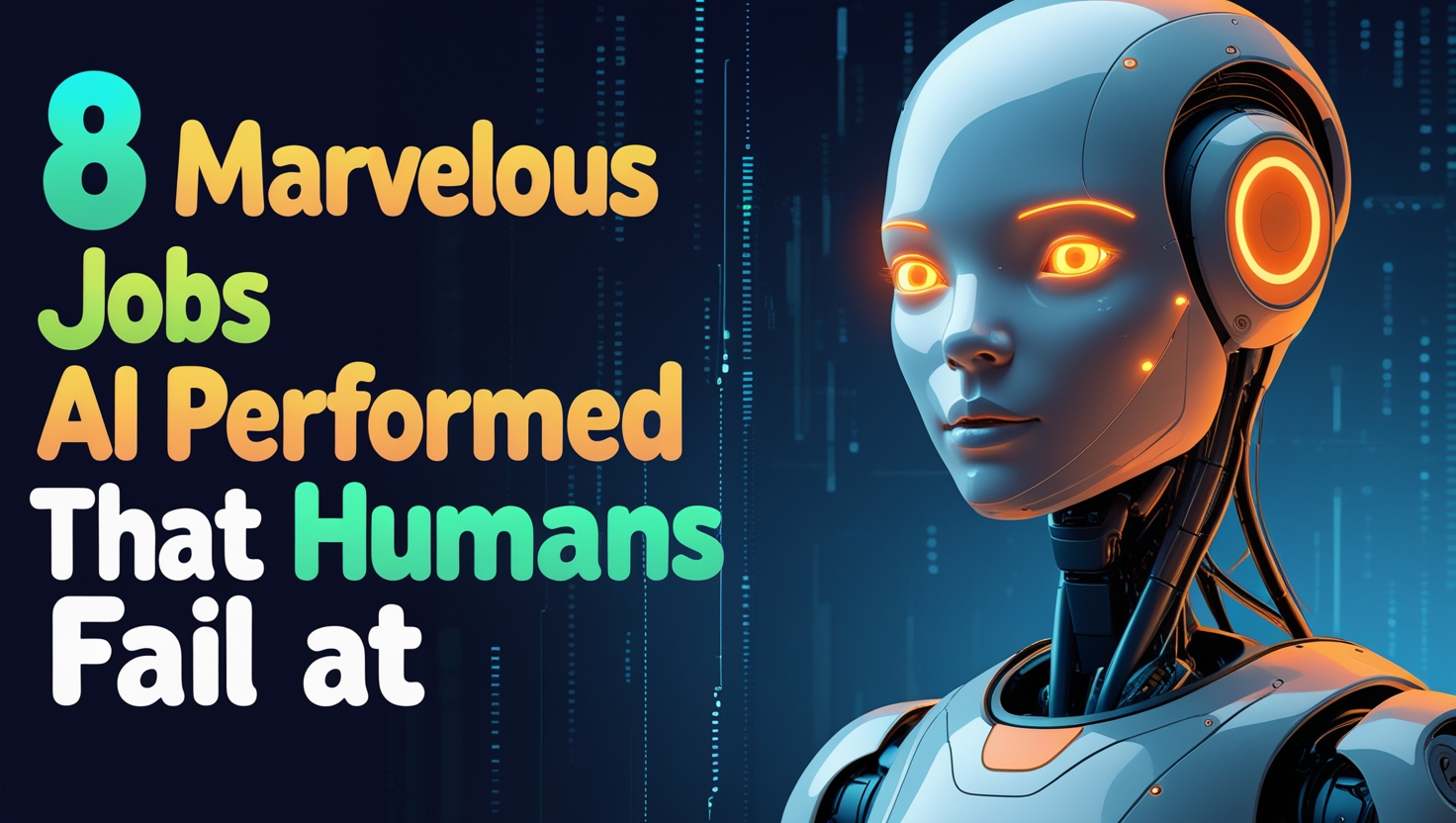

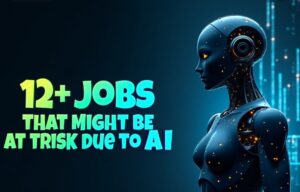


Be First to Comment